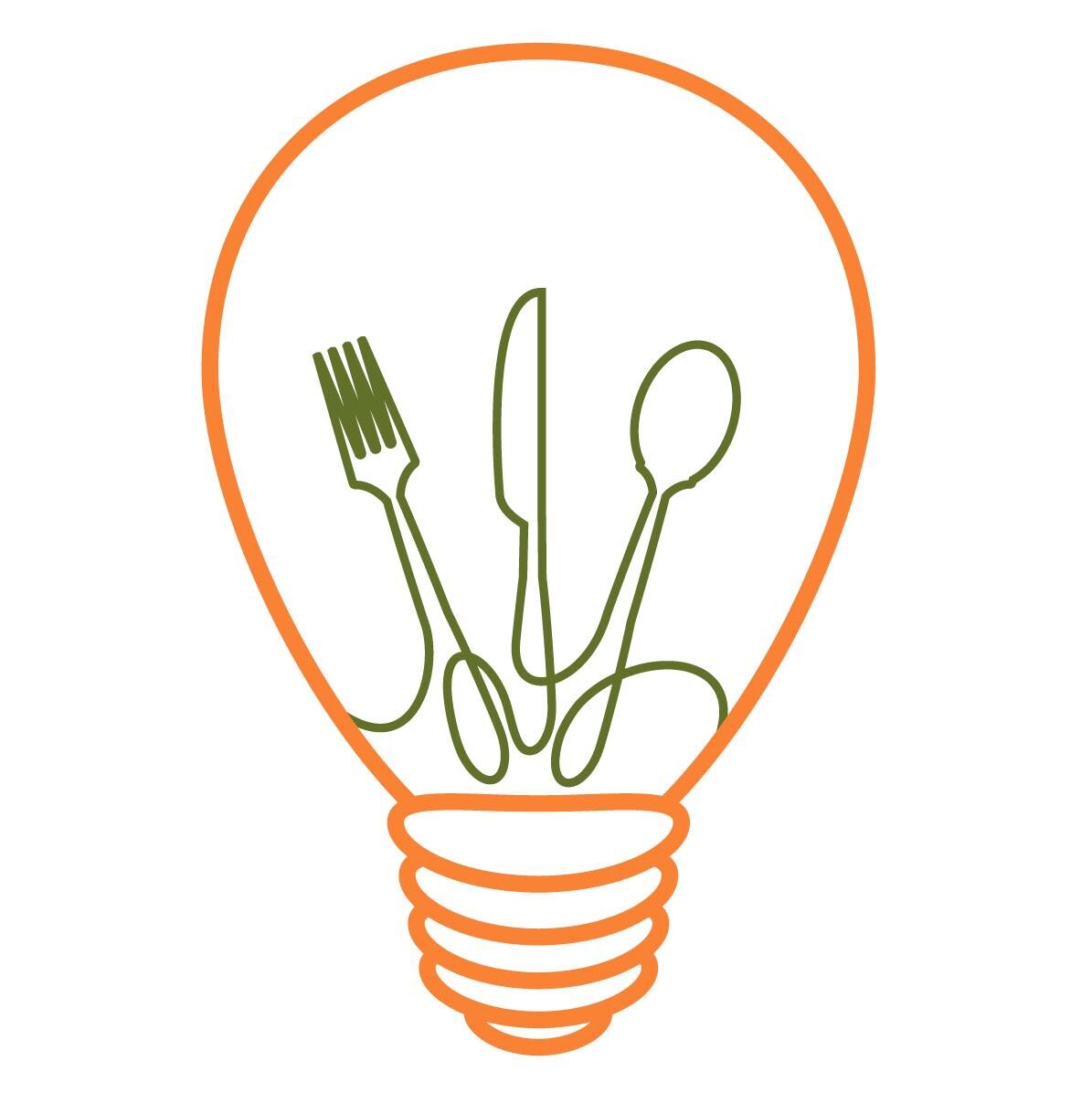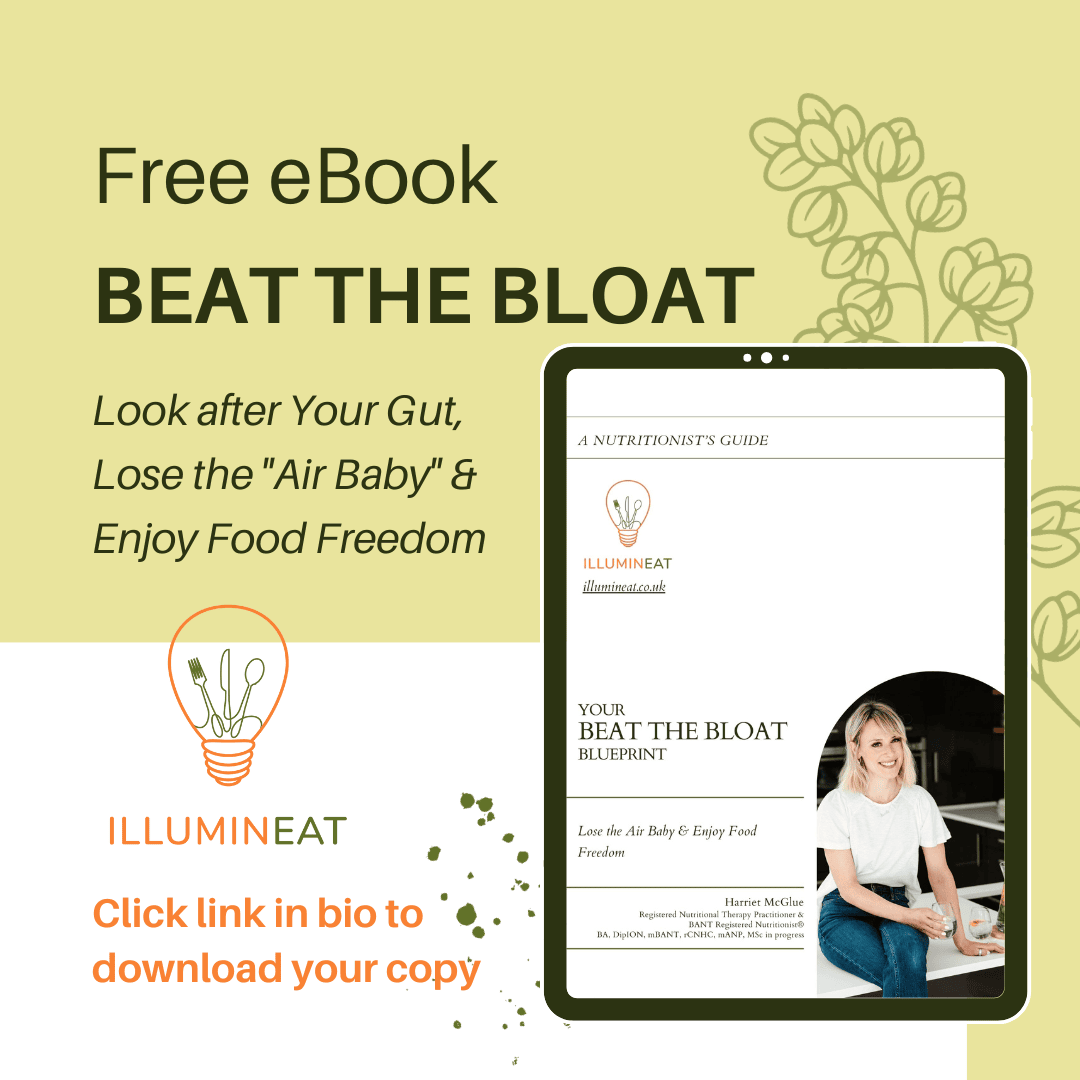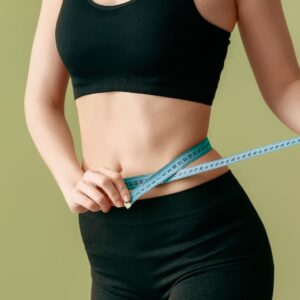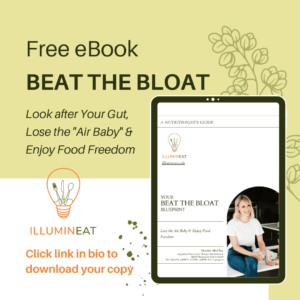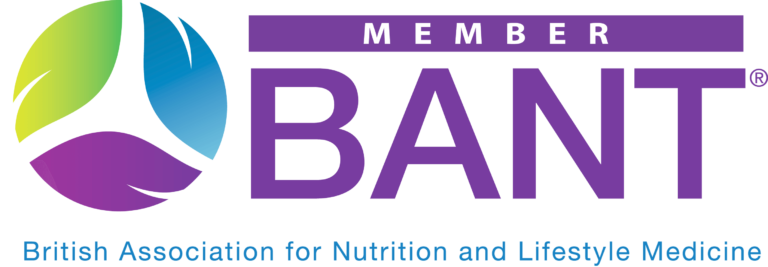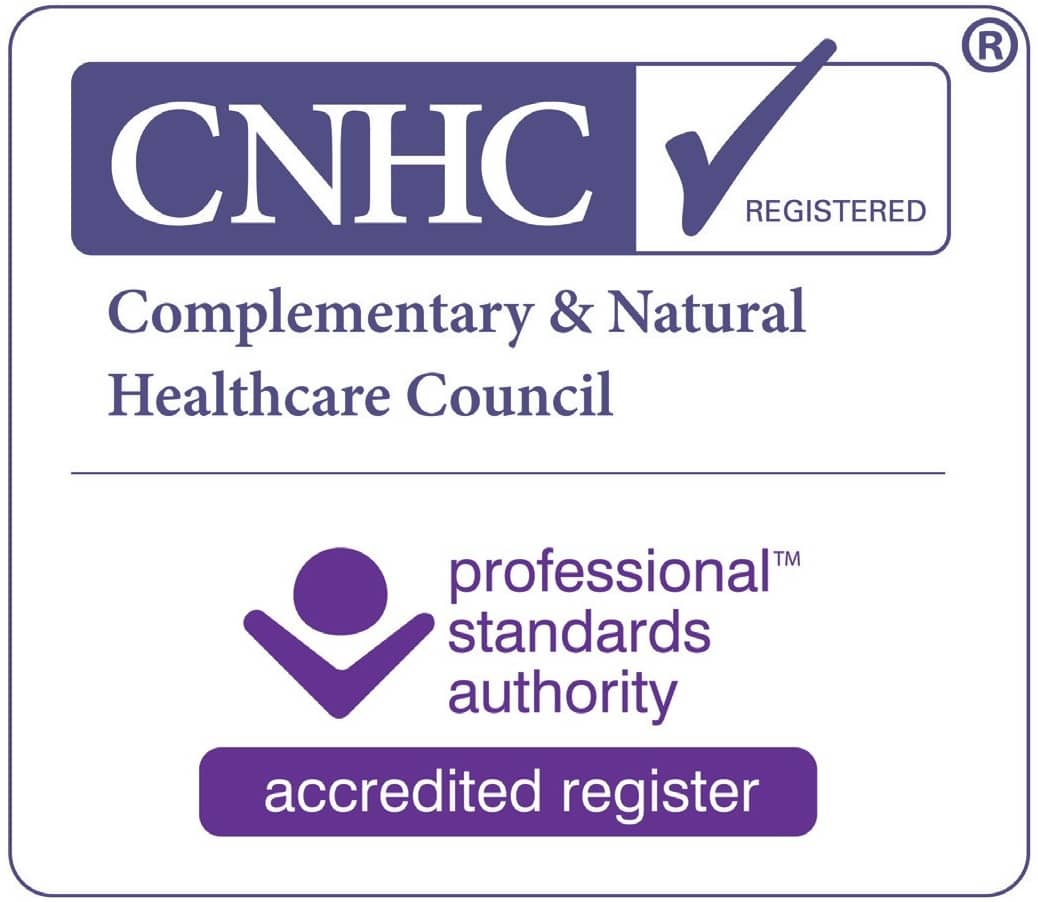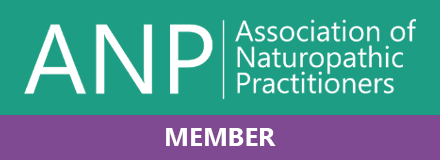What a NUTRITIONIST-in-training eats for BREAKFAST.
Answer: it varies, but whatever I have, I focus on BALANCING BLOOD SUGAR for the morning. If I start the day off with a bowl of cereal, toast and a juice I know I’ll be on a blood sugar rollercoaster with sugar and carb cravings all day…

So what do I choose instead & why?
MOVE AWAY FROM THE CEREAL AISLE!
Let’s change our mindset around what constitutes ‘breakfast’. Cereal is a construct of the food industry: we’ve got Kellogg et al and some pretty aggressive marketing to thank for our 130-odd year love affair with the stuff! Not forgetting the lobbying of governments by Big Agriculture which has shaped healthy eating guidelines over the last century! The fact is that the majority of cereals are effectively sugar by another name, so stripped of nutrients that they need to eb added back in (fortified). Many are basically dessert, not breakfast! Even many ‘whole grain’ options are so heavily processed, and the grains pulverised to such an extent, that their glycemic load, blood sugar and insulin response can be as bad as actual sugar!
THOUGHT PORRIDGE was THE ULTIMATE HEALTHY START?
You MIGHT be right, but you MIGHT NOT be… it all depends on the oats you use, what you serve in/on it, YOUR PERSONAL BLOOD GLUCOSE RESPONSE to oats & your metabolic flexibility (how good your insulin status is)
Generally speaking, steel cut oats (minimally processed) are a smart choice (rolled oats or instant porridge not so much!). Pair this with some quality fat and protein (full fat organic milk, plant based alternative, whole milk yoghurt or kefir, nut butters, mixed ground nuts, milled seeds) and use fruit to sweeten (preferably berries or strewed apples rather than dried fruit or banana)
Focus on a decent amount of PROTEIN, healthy FATS and FIBRE.
These nutrients elongate your blood sugar curve: These mean food is digested slower, SUGAR WILL IS RELEASED MORE SLOWLY into your bloodstream and energy levels remain stable – as opposed to spiking and crashing constantly. Protein fat and fibre are satiating so you should have fewer cravings and be less likely to reach for a sweet pick-me-up mid morning! Research has found that a protein-rich breakfast can support weight loss by reducing hunger hormone ghrelin and increasing cholecystekinin, which signals your brain to stop eating. This may be why studies have found eating a high protein breakfast can reduce snacking and overall calorie consumption.
Pack in the PLANTS.
Breakfast is a great time to pack in the phytonutrient-packed, high fibre and low glycemic fruits like BERRIES and NUTS and SEEDS. These provide food (fibre and polyphenols) for our beneficial gut bacteria, and have anti-oxidant, anti-inflammatory and anti-cancer effects.
A COOKED BREAKFAST is NOT inherently UNHEALTHY.
If you have time, it’s a great opportunity to pack in the veg (sautéed, grilled or roast mushrooms and tomatoes, avocado, wilted spinach, roast sweet potato or squash, veggie rostis or hash, avocado, beans) and include blood sugar- balancing and satiating sources of protein and fat (eggs, tofu scramble, salmon, quality sausages, avocado etc.) EGGS are nature’s superfood. Dietary cholesterol barely impacts body cholesterol & the myth around eggs here was debunked years ago.
STEER CLEAR of JUICE.
It frequently contains as much or more sugar than coke. Without the protective matrix of fibre and phytonutrients in whole fruit, the sugar is absorbed much, much faster. Worse, the big fructose component goes straight to the liver where it turns off your ability to burn fat (lipolysis) and is stored potentially contributing to fatty liver. So it spikes insulin indirectly.
BE WARY OF LOW FAT any packaged food marketed as ‘low fat’ e.g. low fat yoghurts.
These products usually contain more sugar to compensate and can worsen blood sugar control and be less satiating, leading to cravings. Research has also consistently demonstrated a health-protective effect from full fat dairy (mechanisms remain unclear).
If you’re a COFFEE lover – go for it!
Morning is the best time for your daily cup or two as you’ve got the rest of the day to metabolise the caffeine before bed. There are a couple of caveats! Wait until around an hour after you wake up and eat something first to avoid stimulating your stress response (cortisol levels are highest first thing). Ensure your morning cuppa isn’t pudding masquerading as a hot beverage, either…syrups, sweetened plant milks, Starbucks specials…!
If you don’t have time for a healthy breakfast, or you’re just NOT HUNGRY first thing, don’t stress!
It’s better to skip it entirely than load up on sugary junk. The age-old wisdom that “breakfast is the most important meal of the day” is untrue; it’s just another meal. It could even be a good thing, given the increasing recognition among scientists of the benefits of intermittent fasting/time restricted feeding for cellular repair and insulin sensitivity.
